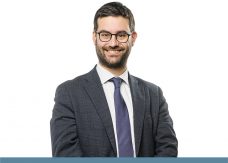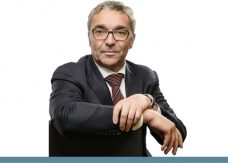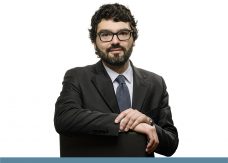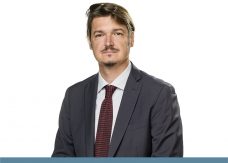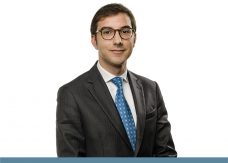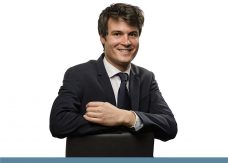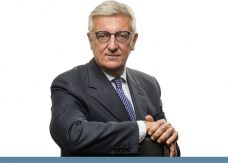Focus Teams
The constant technological innovation combined with the growing complexity and continuous evolution of every area of law requires the world of legal services to develop new organizational solutions to meet the increasingly articulated and unique needs of clients. Today the dominant model, even at international level, which sees professionals gathered in separate departments and divided by legal macro-areas, may in some cases be too rigid and not fully adequate to meet the needs and pace of work of a very dynamic economic world, hyper-technological and constantly evolving.
Hence the impulse to create within the Firm working groups which are more streamlined and agile than the traditional departments, named “Focus Teams”, capable of bringing together experience, skills, updating and professionalism towards the resolution of the practical and operational issues most advanced, even in virgin or almost unexplored practice of law. This represents a step forward in making the use of the legal services clients seek from the firm more modern, more immediate and even simpler.
In fact, the Focus Teams guarantee greater precision in answering the Client, who in turn is facilitated in the identification of professionals able to deal with hyper-specialized requests from a legal and operational point of view.
This synergy between the Firm and its Clients is also developed through a synergic interaction between the various poles of competence and experience which make up the Focus Teams, each of them being able to count on the most advanced and up-to-date IT tools available today in the legal field.


 Italiano
Italiano

